How to discuss performance problems with employees
Are you a small business owner who finds it difficult to talk to employees about performance problems? You’re not alone – these conversations are challenging for both the employee and the employer. However, there are steps you can take to make them as productive as possible.
Step 1 - Address the problem sooner rather than later
Have you procrastinated over a difficult conversation only to have the problem get worse, resulting in a greater negative impact on your business and more frustration for you? If you tackle performance issues before they escalate you’ll give yourself a better chance of having an objective and calm discussion and having your employee turn things around.
Step 2 - Prepare
Gather the information you need to clarify the performance gaps. What are the key objectives of the employee’s role? What are they doing well and which goals are not being met? What objective information can you present to highlight the problem(s)? Here are some examples:
- Sales reports showing targets versus actual results
- Customer feedback about service provided by the employee
- Examples of missed deadlines or quality standards not being achieved
Be ready to have a discussion based on business information that helps you and your employee to be on the same page about their current performance.
Step 3 - Create a safe space
It’s natural for people to be defensive when they get feedback that they’re not meeting performance expectations. They might be worried about admitting they’re struggling for fear of the consequences, or they might simply want to save face. You can encourage an open and honest conversation by giving your employee confidence that they’ll be listened to and supported to improve.
A good way to start a constructive discussion is to ask your employee how they think they’ve been performing and show them that you understand their perspective. If they’re not aware of the performance gaps, present the relevant business information to clarify where your expectations are not being met.
Step 4 - Identify the root of the problem
The key to solving a performance problem is getting to the bottom of what’s causing it. You might already have a good idea of the underlying reasons. However, engaging your employee in a discussion will help to avoid a reactive response and uncover any issues you’re not aware of. Keep asking questions until you understand exactly why they’re not achieving goals. For example, if a salesperson isn’t achieving targets, some reasons might be:
- They’re not making enough sales calls to generate business
- They lack skill in closing a sale
- The targets are not realistic
- They have poor planning and time management skills
- They’re not prioritising the right activities/customers
- They have personal problems that are affecting their work
Step 5 - Support your employee to improve
At this stage, it’s important to be clear, specific and firm about what your employee needs to achieve moving forward. The support you offer will depend on the cause of the problem but could include:
- Training
- Mentoring
- External support for personal problems (Employee Assistance Programme, counselling, etc.)
- Business changes (systems, processes, workflow management, etc.)
Agree on what needs to happen moving forward and confirm this in writing. Keep tracking and reporting on performance measures and check in regularly with your employee to monitor their progress.
In summary
Dealing with performance problems can be challenging and stressful but early intervention, clarity about expectations and appropriate support will give your employee the best opportunity to improve. The benefits of successfully resolving performance problems include reducing the cost of staff turnover, loyalty and commitment from employees that you’ve helped to succeed and a great work culture with a happy and high-performing team. In some instances you may need to move to a formal performance management process if the employee’s performance doesn’t improve, but if you can resolve the problem informally, it will be a win/win outcome for you and your employee.
Posted: Thursday 28 September 2023
Recent Posts
Archive


